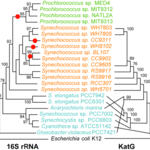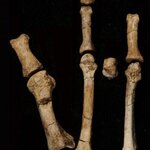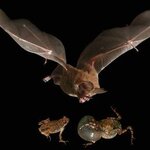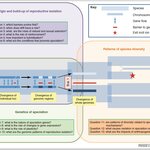
Some microorganisms lose the ability to perform a function that appears to be necessary for their survival, and yet they still somehow manage to endure and multiply. How can that be?
One hypothesis says microbes that shed necessary functions are getting others to 'do that work' for them, an adaptation that can encourage microorganisms to live in cooperative communities. Yes, genetic inter-organism cooperation and adaptive gene loss.
Richard Lenski and J. Jeffrey Morris of Michigan State University, and Erik Zinser of the University of Tennessee call it The Black Queen Hypothesis -…



